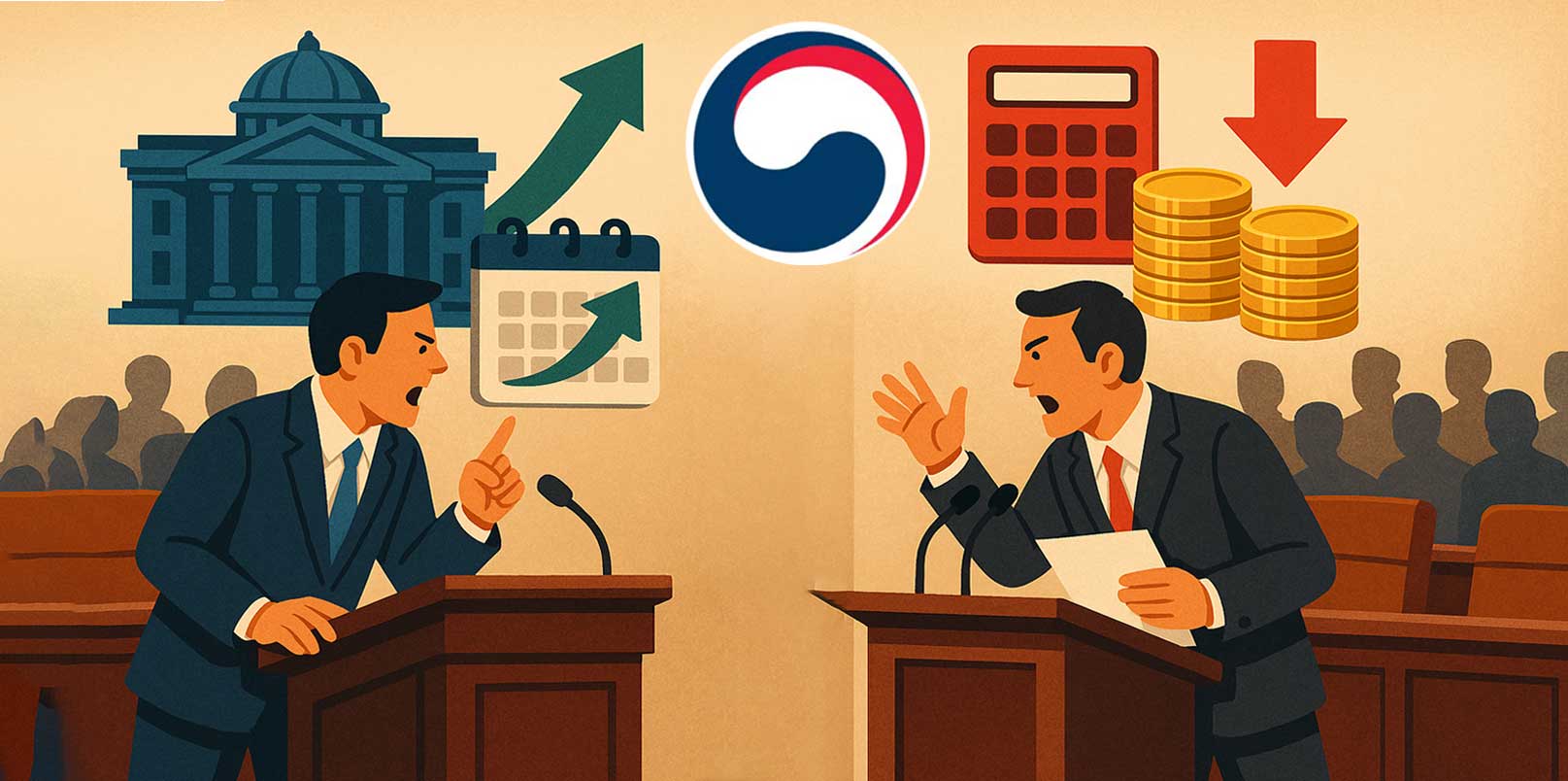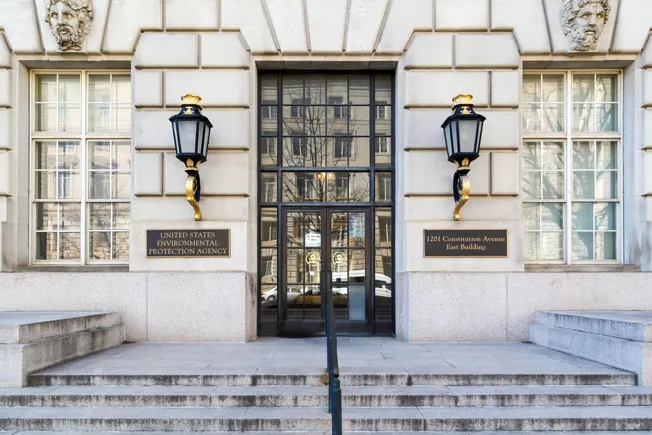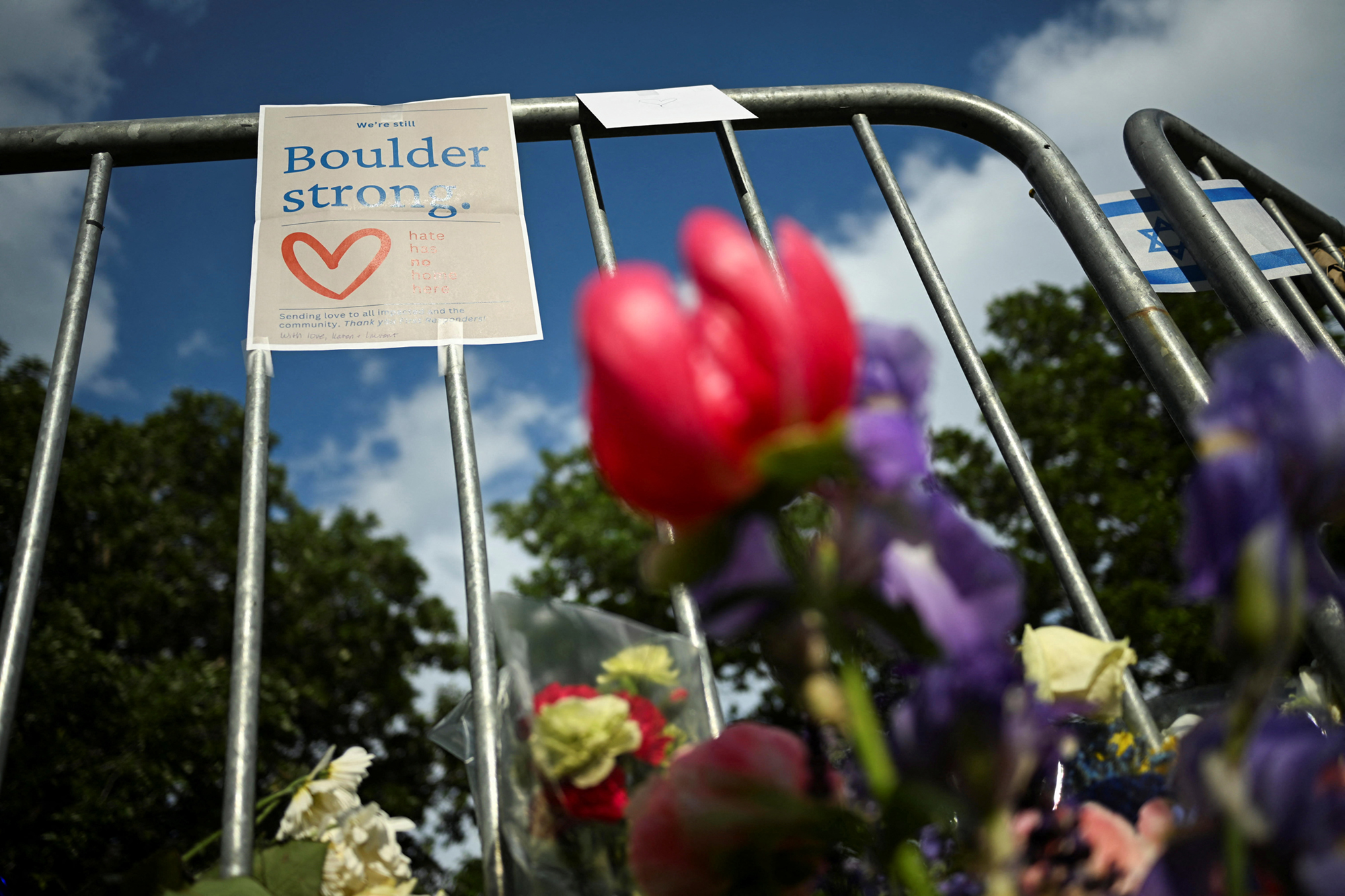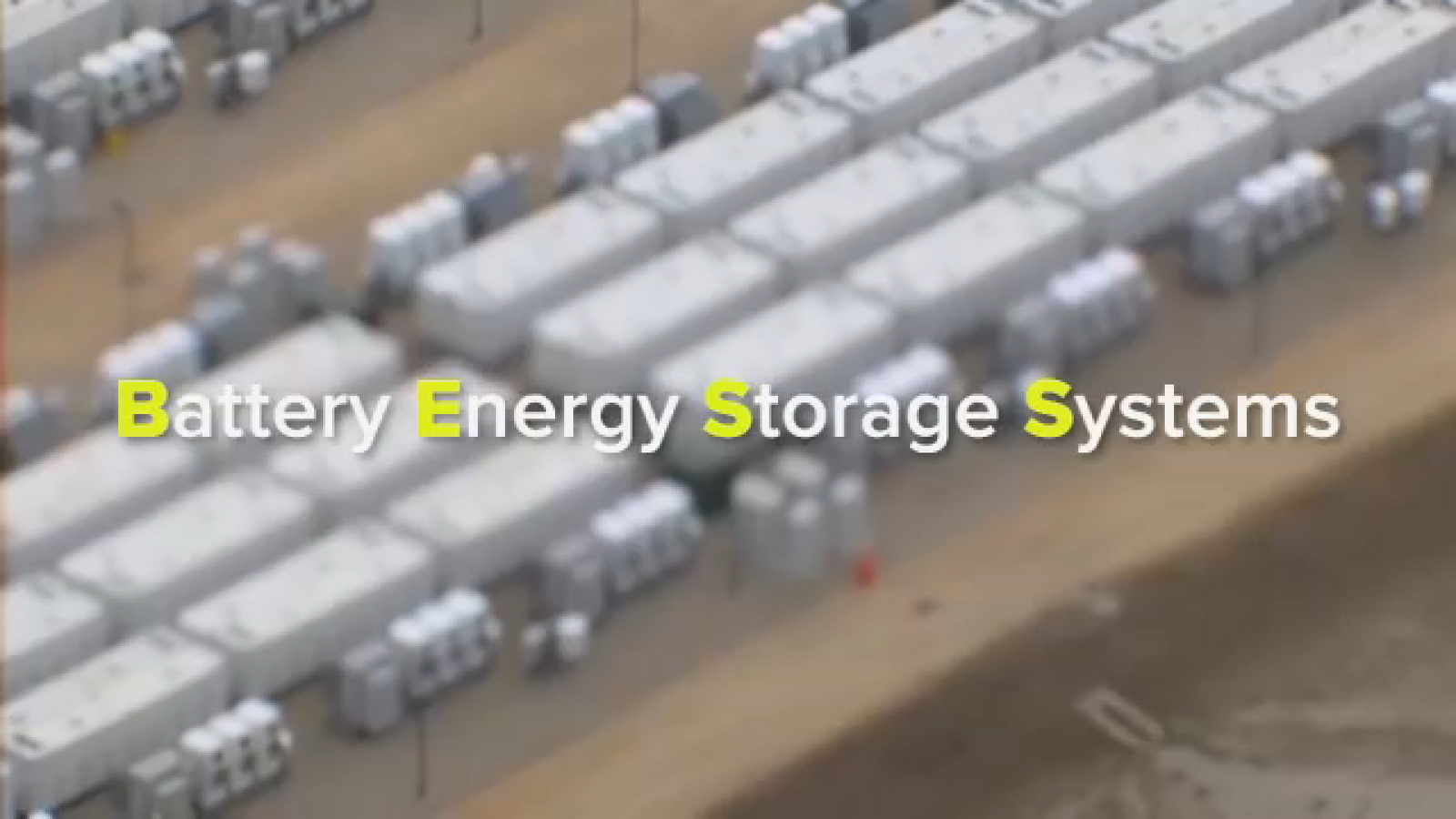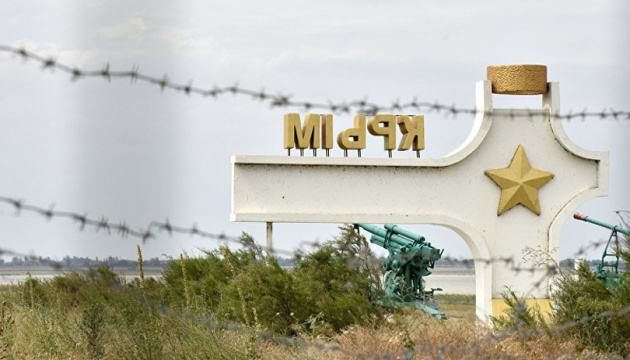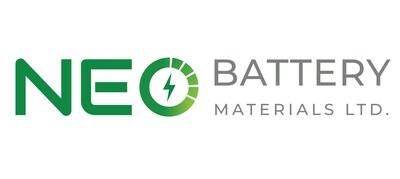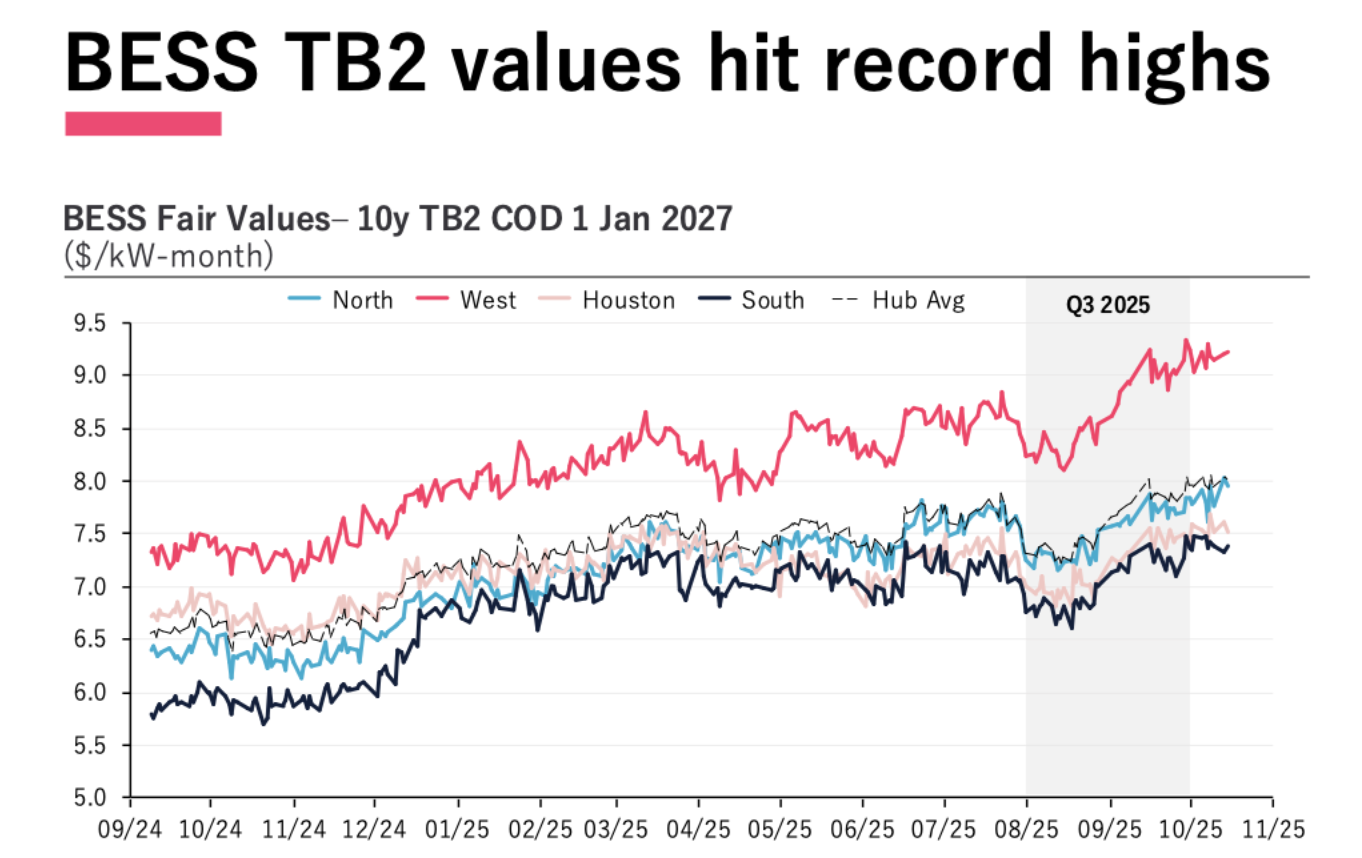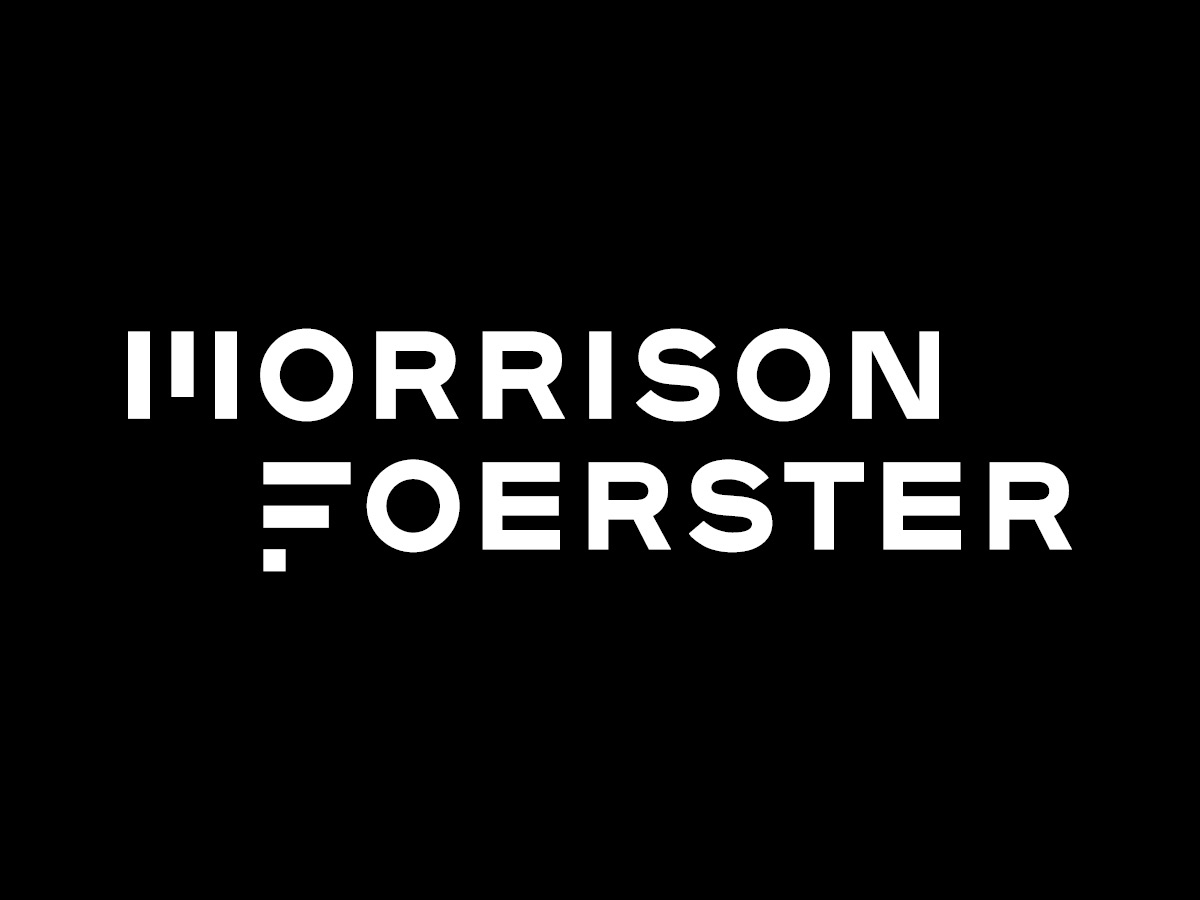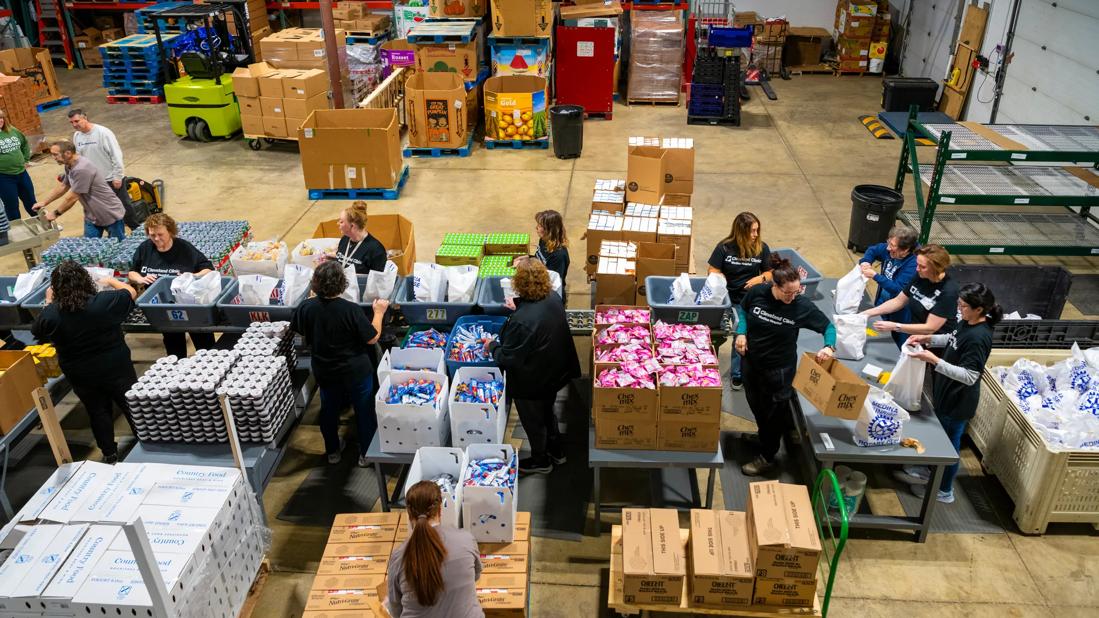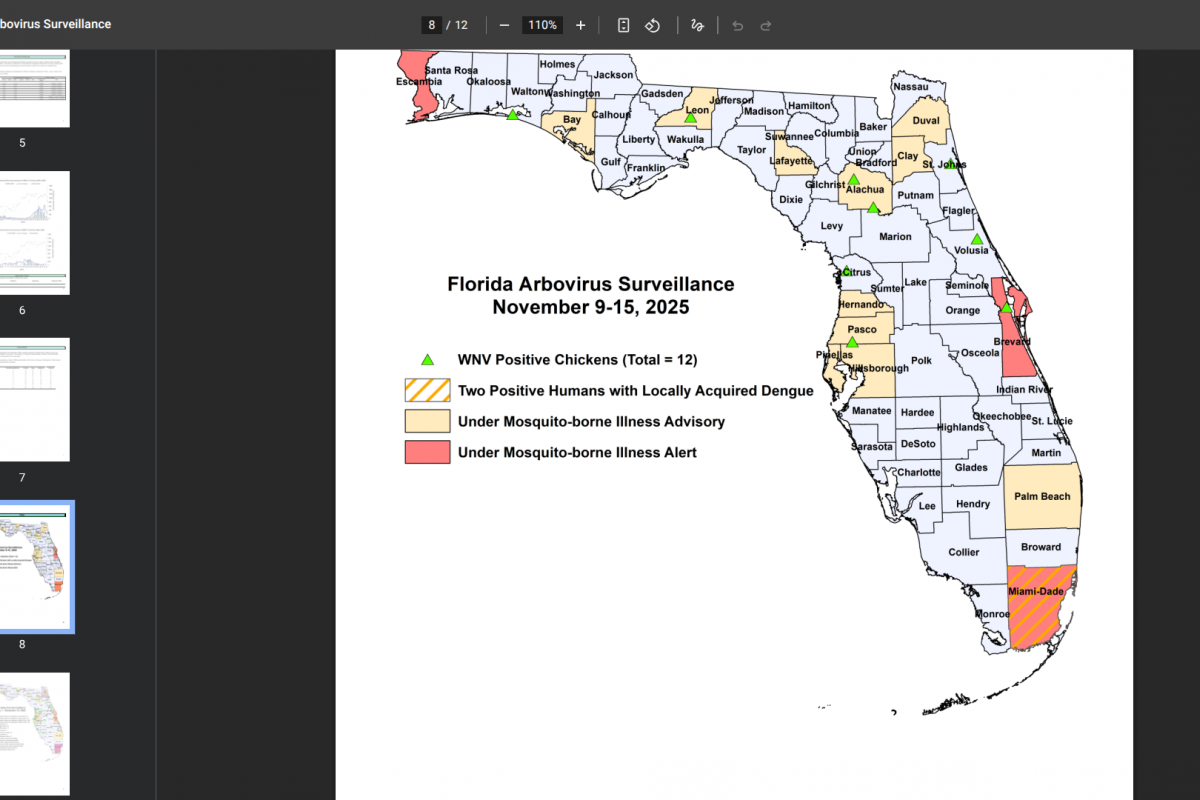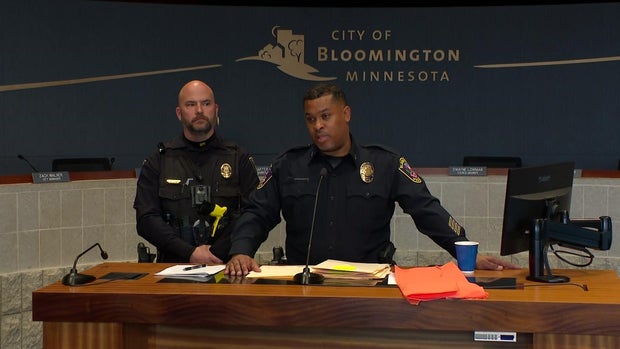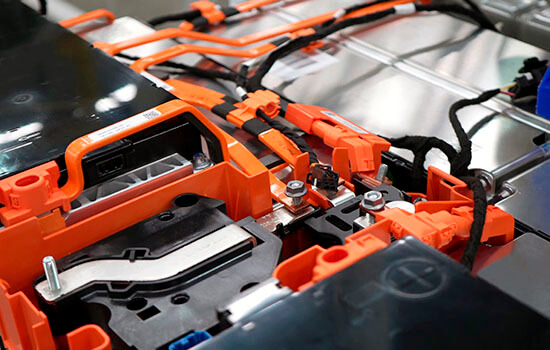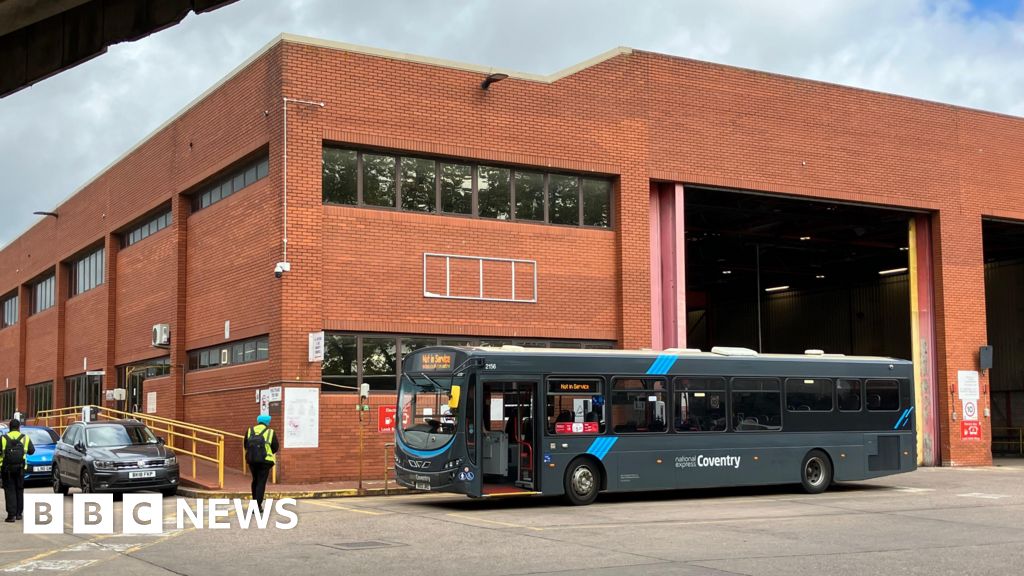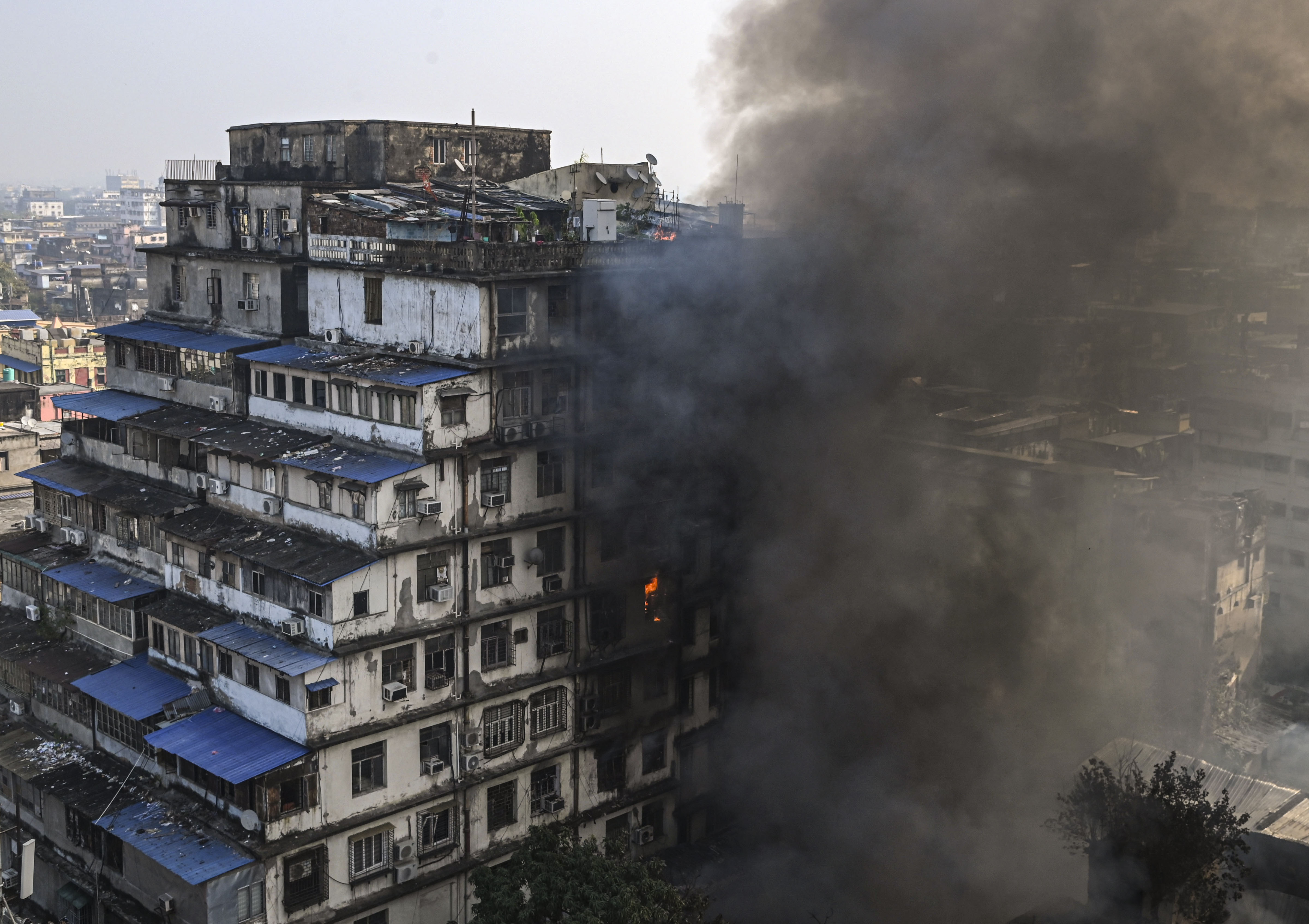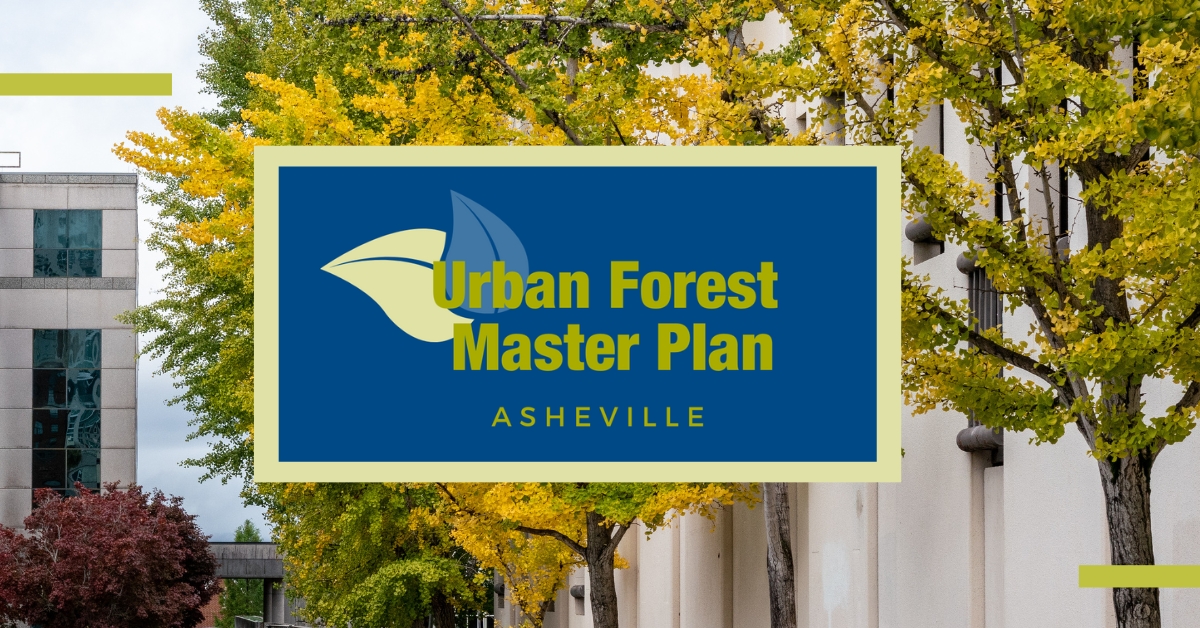Apartments might be in the cards at Citigroup campus in Flagler Center – Jacksonville Daily Record

Report on Proposed Residential Development at Flagler Center and its Contribution to Sustainable Development Goals
Executive Summary
The new ownership of the 73.4-acre Citigroup campus at 14000 Citicards Way has submitted a proposal to the Jacksonville City Council to amend the Flagler Center Development of Regional Impact (DRI). The proposed amendment, detailed in Ordinance 2025-497, seeks to permit the construction of 750 multifamily residential units on the property. This initiative represents a strategic shift towards mixed-use development, directly supporting the achievement of several United Nations Sustainable Development Goals (SDGs), most notably SDG 11 (Sustainable Cities and Communities) by integrating housing with a major employment center.
Project Details and Legislative Process
- Applicant: The Wideman Co. (through entities Jax LC Owner 1 LLC, Jax LC Owner 2 LLC, and Jax LC Owner 3 LLC), represented by lawyer Paul Harden and civil engineering firm England-Thims & Miller Inc.
- Legislation: Ordinance 2025-497, introduced to the Jacksonville City Council on July 22, 2025.
- Core Request: To amend the Flagler Center DRI to add residential as a permitted use and increase the maximum allowable multifamily units.
- Proposed Change: The total number of multifamily units permitted within the nearly 940-acre Flagler Center DRI would increase from 3,200 to 3,950.
- Status: The legislation is assigned to the Council Land Use & Zoning Committee for review.
Alignment with SDG 11: Sustainable Cities and Communities
The proposed development is fundamentally aligned with the objectives of SDG 11, which aims to make cities and human settlements inclusive, safe, resilient, and sustainable. The project contributes to the following targets:
- Enhancing Access to Housing (Target 11.1): The construction of 750 new apartment units directly addresses the need for adequate and accessible housing options within a significant employment hub in South Jacksonville.
- Promoting Sustainable Transport Systems (Target 11.2): A primary justification for the amendment is the creation of housing in close proximity to major employers, including Citigroup and Baptist Medical Center South. This strategy supports:
- Reduction in commuter vehicle miles traveled.
- Decreased traffic congestion and associated carbon emissions.
- Improved quality of life and well-being for employees by reducing commute times and stress.
- Fostering Sustainable Urbanization (Target 11.3): The proposal exemplifies sustainable urban planning by converting a portion of an existing commercial campus into a mixed-use space. This adaptive reuse strategy promotes denser, more efficient land use, a core principle for preventing urban sprawl and creating integrated communities.
Economic and Infrastructure Implications (SDGs 8, 9, & 12)
The project has significant positive implications for economic growth, infrastructure development, and responsible consumption patterns.
- Decent Work and Economic Growth (SDG 8): The development supports stable, long-term employment. Following a $24 million sale-leaseback transaction, Citigroup will retain its 4,000 employees with plans for future growth. The project will also generate new economic activity through construction and by attracting new commercial tenants to the 260,000 square feet of available office space.
- Industry, Innovation, and Infrastructure (SDG 9): The initiative involves the modernization and adaptation of existing infrastructure. Citigroup is undertaking an estimated $19 million renovation of its leased space with a stated focus on “sustainability,” contributing to the development of resilient and modern corporate facilities.
- Responsible Consumption and Production (SDG 12): By proposing to build on a previously developed site, the project aligns with principles of responsible land use. This adaptive reuse is a sustainable alternative to developing on “greenfield” land, thereby helping to preserve natural habitats and reduce the environmental impact of new construction.
Corporate Responsibility and Employee Well-being (SDG 3)
Citigroup’s continued presence and investment in the campus underscore a commitment to SDG 3 (Good Health and Well-being). The planned $18.83 million renovation of its 250,000 square-foot leased space is designed to enhance the work environment significantly.
- The modernization project will emphasize an “open working environment, sustainability, and wellness for our employees.”
- This focus on creating a healthy and sustainable workspace directly contributes to employee well-being, complementing the broader project’s goal of creating a more sustainable live-work community.
SDGs Addressed in the Article
SDG 11: Sustainable Cities and Communities
- The article’s central theme is urban development, specifically the proposal to add 750 apartment units to a commercial campus. This directly relates to creating and managing urban spaces.
- It discusses amending a “Development of Regional Impact (DRI)” and a “conceptual master plan,” which are core elements of sustainable urban planning.
- The text highlights the creation of mixed-use development by adding residential units to an area with offices, commercial spaces, and a hospital, aiming to create a more integrated community.
- A key justification for the project is providing “housing options in proximity to employees within the DRI,” which supports the goal of creating inclusive and sustainable human settlements.
SDG 8: Decent Work and Economic Growth
- The article mentions that Citigroup will retain its 4,000 employees in Jacksonville with “plans for growth.” This contributes to stable local employment.
- The development itself, including the $19 million renovation and potential construction of 750 apartments, represents economic activity and investment that can create jobs.
- The sale of the property for $24 million and the subsequent leasing of space to new tenants also signify economic activity and efficient use of commercial assets.
SDG 9: Industry, Innovation, and Infrastructure
- The project involves the development and modernization of infrastructure. The article details the existing campus with over 530,000 square feet of space and plans for a $19 million renovation to create a modern workspace.
- The renovation’s focus on “sustainability, and wellness for our employees” points towards building quality and sustainable infrastructure.
- The entire Flagler Center DRI, with its mix of industrial, office, commercial, and residential uses, represents a large-scale infrastructure development designed to support economic activity and human well-being.
SDG 3: Good Health and Well-being
- The article mentions that the DRI was created to mitigate impacts on the “health, safety or welfare of citizens.”
- The renovation of the Citigroup workspace has an explicit emphasis on “wellness for our employees.”
- The plan to add housing near employment centers is said to proceed “without any increase in off-site traffic impact,” which can contribute to safer roads and reduced pollution from commuting, indirectly supporting public health.
- The presence of Baptist Medical Center South as a primary user within the Flagler Center DRI links the development directly to health services infrastructure.
Identified SDG Targets
SDG 11: Sustainable Cities and Communities
- Target 11.1: By 2030, ensure access for all to adequate, safe and affordable housing and basic services. The plan to construct 750 new apartment units directly addresses the supply of housing in the region.
- Target 11.3: By 2030, enhance inclusive and sustainable urbanization and capacity for participatory, integrated and sustainable human settlement planning and management. The article details the formal process of amending a Development of Regional Impact (DRI) through Ordinance 2025-497, which is a direct example of human settlement planning and management. The goal of creating a mixed-use development with housing near jobs supports inclusive and sustainable urbanization.
- Target 11.a: Support positive economic, social and environmental links between urban, peri-urban and rural areas by strengthening national and regional development planning. The DRI is explicitly defined as a development that has a “substantial effect upon the health, safety or welfare of citizens of more than one county” (Duval and St. Johns), making it a tool for regional development planning.
SDG 8: Decent Work and Economic Growth
- Target 8.5: By 2030, achieve full and productive employment and decent work for all women and men. The article confirms the retention of 4,000 jobs by Citigroup, which directly contributes to maintaining employment levels in the region.
SDG 9: Industry, Innovation, and Infrastructure
- Target 9.1: Develop quality, reliable, sustainable and resilient infrastructure…to support economic development and human well-being. The $19 million renovation of the office buildings to create a modern workspace with an emphasis on “sustainability” is a clear example of developing quality infrastructure to support economic activity and employee well-being.
Implied Indicators for Measuring Progress
Indicators for SDG 11
- Indicator for Target 11.1: The number of new housing units to be constructed. The article specifies this as “750 apartment units.” It also notes the total allowed multifamily units in Flagler Center would increase from 3,200 to 3,950.
- Indicator for Target 11.3: Existence of a legal framework for urban planning. This is evidenced by “Ordinance 2025-497” and the process of amending the “Development of Regional Impact (DRI).”
- Indicator for Target 11.a: The geographic scope of the development plan. The article states the DRI affects citizens of “more than one county,” specifically Duval and St. Johns.
Indicators for SDG 8
- Indicator for Target 8.5: Number of jobs secured. The article states that Citigroup will retain its “4,000 employees in Jacksonville.”
Indicators for SDG 9
- Indicator for Target 9.1: Financial investment in infrastructure modernization. The article provides a specific figure of an “estimated $19 million renovation” for the Citigroup workspace.
General Sustainability Indicators
- Indicator: Inclusion of sustainability in project goals. The article explicitly mentions the renovation’s emphasis on “sustainability, and wellness for our employees.”
- Indicator: Assessment of environmental impact. The amendment description claims the project will have “no increase in off-site traffic impact.”
Summary of Findings
| SDGs | Targets | Indicators |
|---|---|---|
| SDG 11: Sustainable Cities and Communities |
11.1: Ensure access for all to adequate, safe and affordable housing.
11.3: Enhance inclusive and sustainable urbanization and planning. 11.a: Support positive links between urban and regional areas through development planning. |
– Number of new housing units planned: 750 apartments. – Total multifamily units to increase from 3,200 to 3,950. – Formal planning process via Ordinance 2025-497 and DRI amendment. – Development plan affects more than one county (Duval and St. Johns). – Claim of “no increase in off-site traffic impact.” |
| SDG 8: Decent Work and Economic Growth | 8.5: Achieve full and productive employment and decent work for all. | – Number of jobs retained: 4,000 Citigroup employees. |
| SDG 9: Industry, Innovation, and Infrastructure | 9.1: Develop quality, reliable, sustainable and resilient infrastructure. |
– Investment in infrastructure renovation: $19 million. – Renovation plan includes an emphasis on “sustainability.” |
| SDG 3: Good Health and Well-being | (Implied) Promote health and well-being through urban design and workplace environment. |
– Renovation emphasis on “wellness for our employees.” – DRI definition includes protecting “health, safety or welfare of citizens.” |
Source: jaxdailyrecord.com

What is Your Reaction?
 Like
0
Like
0
 Dislike
0
Dislike
0
 Love
0
Love
0
 Funny
0
Funny
0
 Angry
0
Angry
0
 Sad
0
Sad
0
 Wow
0
Wow
0














